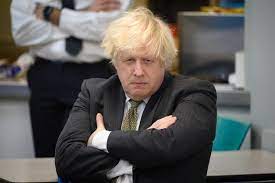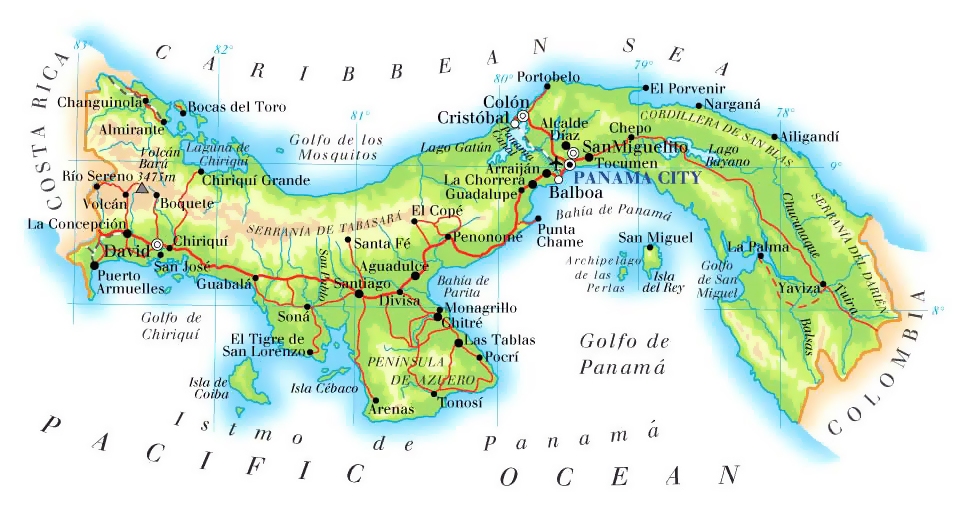Trumpism casts a shadow over UK politics

Trump-style politics may be on the wane in the UK but it has cast a long shadow over Westminster. Boris Johnson, Nicola Sturgeon, and Jeremy Corbyn – the three populist politicians who led their parties at the last general election now find their careers and legacies in tatters says The Week
A “damning” report by MPs published Thursday found that Johnson deliberately and repeatedly misled Parliament over lockdown parties, said the BBC.
The former PM, who led the Conservative Party to a “landslide election victory” just three years ago, is now in the ignominious position of being the “first former prime minister to have been found to have deliberately misled Parliament”. The report by the Commons Privileges Committee “demolishes Boris Johnson’s character and conduct”, said the BBC’s political editor Chris Mason.
Its publication followed the arrest on Sunday of Nicola Sturgeon, former leader of the SNP and Scotland’s longest-serving first minister. She was questioned by police investigating allegations of financial misconduct before later being released without charge.
And Jeremy Corbyn, once Labour leader, has been banned from standing as an MP for the party at the next election over a protracted antisemitism row, with his once influential left-wing allies marginalized in the party.
Britain’s style of modern populism has “always been just a bit rubbish”, said Sherelle Jacobs in The Daily Telegraph. It has been dogged by a “distinct lack of leadership vision”, she argued. “Johnsonianism was a greased puddle of incoherent opportunism – all pork-barrel promises, green grandstanding, and Brexit bluffs,” said Jacobs. Sturgeon’s pro-EU nationalism, meanwhile, was a “contradiction in terms”.
There is an “inauthenticity” to Britain’s brand of populism, said Jacobs. It was always “unclear” whether Johnson “really believed” in Brexit, and SNP politicians “may rail against the remote Westminster elite, but they reside within their own hermetically sealed bubble of NGO professionals, academics and career campaigners”.
The cases of Johnson, Sturgeon and Corbyn may all vary, said Robert Shrimsley in the Financial Times (FT), but there are “common threads” in their stories that offer warnings about the “dangers of populism and political monomania”.
What marks their leadership reigns is “the primacy of a revolutionary zeal that refuses to be tempered by economic and political realities”, alongside “fanatical supporters and the concentration of power in a purist vanguard”.





